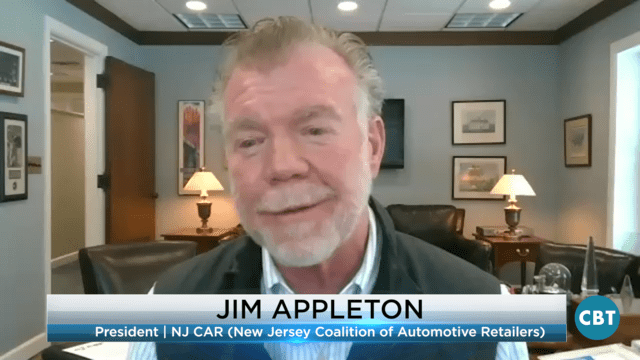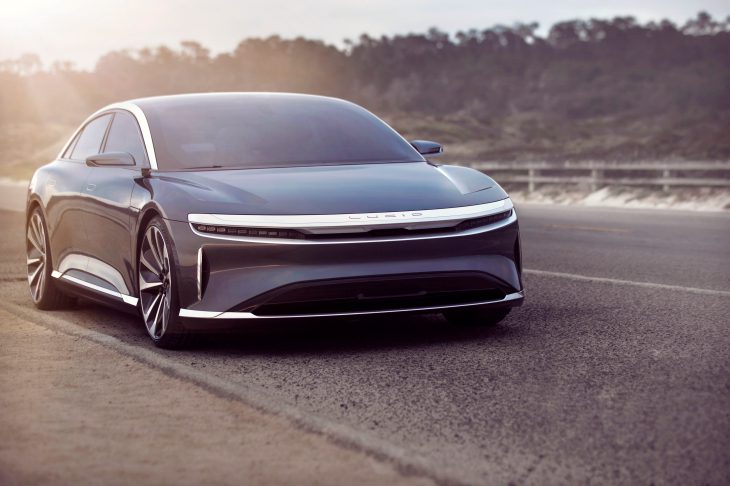Lucid Group is taking legal action against the State of Texas, claiming that the state’s “economic protectionism” guidelines imposed on auto dealers are hindering the success of its electric vehicle (EV) business there. Lucid cannot legally sell new vehicles in Texas, although there is nothing prohibiting the sale of used Lucid vehicles.
The lawsuit, which was filed in the US District Court for the Western District of Texas at the beginning of November, named three directors of the Texas Department of Motor Vehicles as the defendants. The company alleges that the state is “acting anti-competitively” by mandating that cars only be sold by established dealership networks.
Lucid, which has faced continuing financial woes in the past few years, operates a direct-to-consumer sales model similar to Tesla and does not have independent franchised dealers. Instead, sales are conducted through a network of proprietary stores (“Studios”) and therefore, according to Texas law, Lucid cannot sell new vehicles in the state.
 |
In Lucid’s statement, the company alleges that the “tight and fast feedback loop, and the benefits it brings to Lucid’s customers, would be impossible with third-party dealers interposed between Lucid and consumers.” Lucid also asserted that banning the sale of new Lucid vehicles in Texas is “economic protectionism for the benefit of Texas’ existing auto dealers” and benefits dealerships’ profits instead of consumers’ interests.
Lucid’s lawsuit further claims that barring the company from selling its vehicles in Texas would make customers purchase their cars out of state, thus reducing competition and eliminating Lucid buyers from consumer protections in Texas.
The recently-filed lawsuit is quite similar to Tesla’s lawsuit in Michigan, which was settled after three years and resulted in Tesla being allowed to sell and service its vehicles there, albeit in a roundabout way. Lucid’s lawsuit against the State of Texas could possibly have a different outcome, as Tesla has continuously pushed to get Texas legislation changed to no avail.
The lawsuit is critical for the automotive industry, especially for Lucid and other small startups. If the litigation ends in success for the automaker, it may significantly change the landscape of the protections now provided to the “traditional” dealership sales model.
While Lucid set out to be one of the top EV startups in the country, it has suffered through production setbacks and challenges with high prices. In February, the automaker announced it was slashing its full-year production from between 12,000 and 14,000 cars to between 6,000 and 7,000 cars. As of the end of Q3, Lucid had manufactured a year-to-date total of 3,700 units and said it is expecting to meet its goal for the year.
Did you enjoy this article? Please share your thoughts, comments, or questions regarding this topic by connecting with us at newsroom@cbtnews.com.
Be sure to follow us on Facebook, LinkedIn, and TikTok to stay up to date.
While you’re here, don’t forget to subscribe to our email newsletter for all the latest auto industry news from CBT News.




